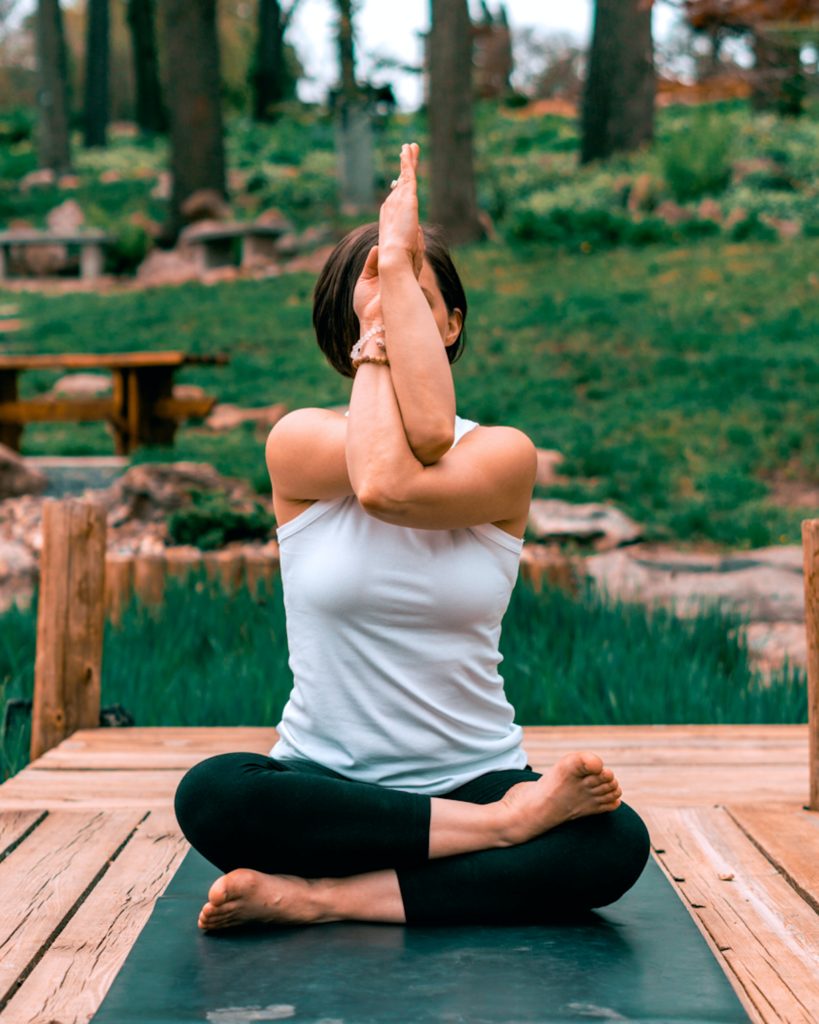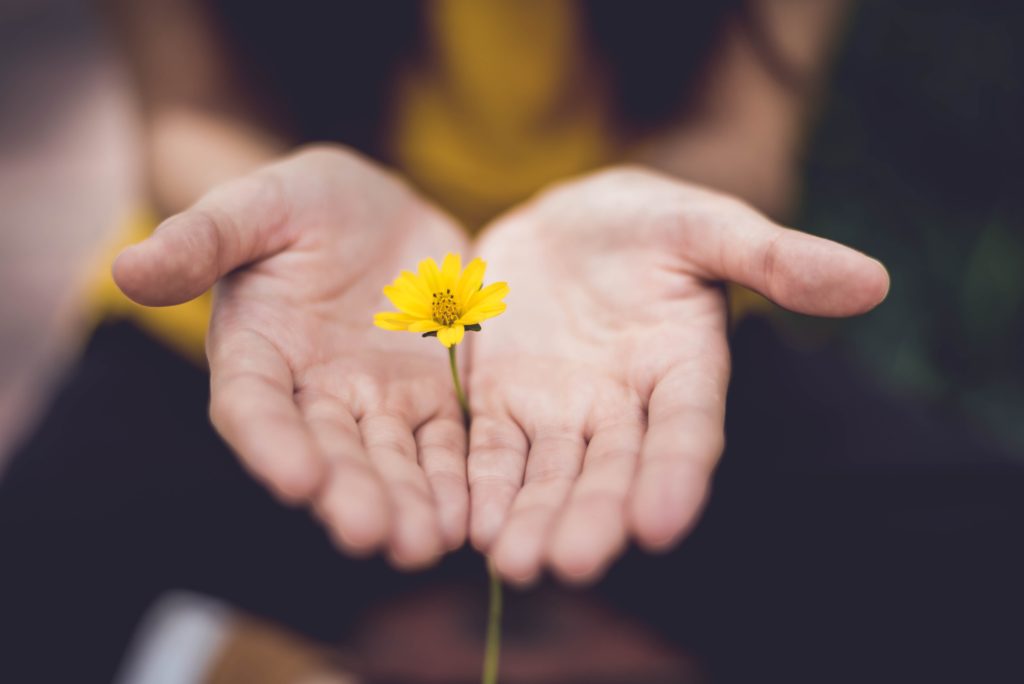Getting the FAQs
Frequently asked questions about mindfulness and compassion
You may have heard about mindfulness but what is it exactly?
I have been an ADI for 18 years, but I am also accredited by the British Association of Mindfulness Based Approaches to teach Mindfulness. What I have found is that these two disciplines can work extremely well together.
Below are my top frequently asked questions.

Can you learn mindfulness without meditating?
It is possible to be mindful without meditating. However, mindfulness meditation practice (known as formal practice) can be thought of in the same way as a yoga practice. The more you practice yoga, the more you will notice it’s effects over time.
A 2014 study of brain imaging found eight brain regions could be altered in meditators. Self-awareness (thoughts and emotions), memory and emotional regulation were all found to have been positively affected by mindfulness meditation. Focused awareness can help with stress in the short-term. Meditation is like taking your brain for a workout at the gym. It will help strengthen things from the inside rather than sticking a plaster on the outside.
How does mindfulness actually ‘work’?
The two key aspects of mindfulness based approaches are awareness and acceptance. One of the main causes of mental unrest is the attempt to mentally avoid pain, both physical and emotional. It is this inner struggle of the mind that creates our mental distress and exhaustion.
Mindfulness allows us to turn toward what is happening to us, almost as if we have stepped to one side and are observing everything that’s happening in and around us with an attitude of curiosity.
Formal practice (meditation) has been shown to trigger the relaxation response. This means our brain calms down because it’s not being constantly flooded with stress hormones. Over time, the neural pathways in the brain are changed, we become less reactive and generally feel more able to handle stressful situations.

What’s compassion got to do with mindfulness?
Compassion allows us to take care of ourselves, learning ways to soothe and calm our nervous system.
Whilst mindfulness allows us to be fully present to our experiences, these experiences can be hard to face if they are unpleasant, especially if we are used to numbing or ignoring them. Mindfulness allows us to be present with our experiences, while compassion provides us with the tools to support ourselves when our experiences are emotionally challenging.
Isn’t it selfish to practice self-compassion?
No, far from it. Airline flight attendants instruct you to put on your own oxygen mask before helping others. You cannot help others if you yourself are helpless (burnt out or overwhelmed). Learning practical skills in order to soothe and calm our own nervous systems, can make us feel less reactive and generally happier. This has a direct impact on our relationships with others.

Will mindfulness make me feel less stressed?
Research has shown that meditation alters the neurological pathways in the brain. The meditation itself may not feel relaxing. Our minds can wander all over the place. What we aim to do is to simply notice our minds have wandered and simply bring it back to the practice.
It is the space in between meditations where people report that they notice they are less reactive, feeling better able to cope with difficulties and, thereby, decreasing their levels of stress.
What’s the difference between mindfulness and awareness?
Awareness is where we drop out of autopilot and bring conscious awareness to our experience.
Mindfulness involves a lot more introspection. We not only notice our experience, but how our minds, bodies and emotions are responding to the experience with a sense of curiosity.
Awareness is more sensory based. It is a mental concept which allows us to be more present.
Mindfulness allows us to tap into our inner wisdom and learn to trust it. We can then make choices to support, rather than sabotage ourselves.
Is mindfulness a religion?
No mindfulness isn’t a religion, but it does originate from belief systems such as Buddhism and Hinduism. It can also be part of religious and meditative practices.

What does mindfulness feel like?
Over time many people practicing mindfulness report improvements in mood, stress levels and overall quality of life. Mindfulness can only be experienced by doing it. You can learn about what love and grief mean but you can’t really know what they feel like until you experience them yourself.
How long will it take to feel the effects?
Most people struggle with meditation at the beginning. Restlessness, racing thoughts and body discomfort can make it easy to give up. However, if you practise daily between 10-20 minutes, you should see positive results in a few weeks to a few months.
As we develop our practice, we should be able to notice an inner lightness emerge as we meditate. Physically, our stress levels should drop, while having a stronger parasympathetic nervous system should make us more resilient to illness, helping promote healing and allowing us to feel less anxious around life’s challenges.
Find out more here.

San Harper is a Grade A driving instructor and has been working in the driver training industry for 18 years. As a qualified teacher of several Mindfulness based Interventions, San has been designing and delivering courses to ADIs throughout the UK and corporate global teams.
You can hear more from San in our upcoming Masterclass session – Mindfulness – Falling awake at the wheel with San Harper.
Session duration: 2 hours
Session date & time: 6-8pm, 22 March 2022
Book now







